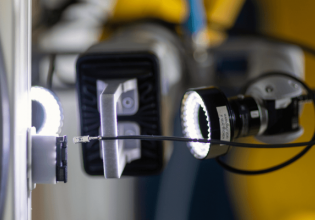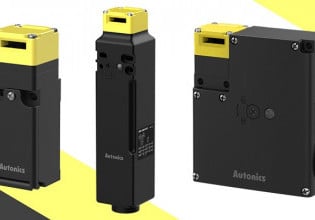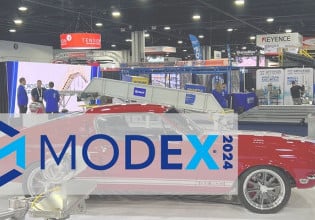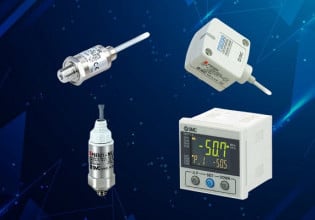D
I have a very general inquiry relating to OPC, as I am just beginning on a project that requires OPC driver development. First off, is there a difference between an OPC driver and an OPC server? I have seen people use the terms interchangeably.. We have three microturbines, none of which have OPC drivers/servers. In addition, the PLC's are in-house creations, with RS-232 connections for a PC. We are using OperateIT, a SCADA/HMI software package from ABB. It supports OPC DA v2.0, A&E v1.0 and HDA v1.0. We would like to monitor/control the turbines remotely, as well as monitor for alarms. Where do I begin? Do I need to create three seperate OPC servers for each of the turbines, each defining DA, A&E, and HDA interfaces? Or do I need to just create one server, with the information collected from each of the respective drivers, and then relayed to the SCADA/HMI software? Can anyone make recommendations on a toolkit to be used for driver/server development? Is the development time significant? Thanks for any and all information!






